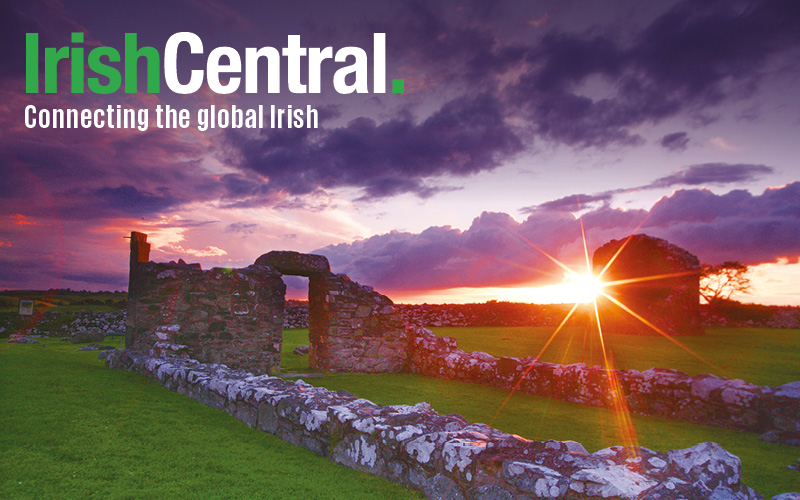The Irish embassy in London reports that Irish living in the UK have not been subject to increased racial harassment following Britain’s vote to leave the EU in May 2016.
Despite a run of hate-crimes emerging in post-Brexit Britain, in which those of other nationalities or non-white races have faced discrimination, the embassy revealed it has not received any complaints of harassment of Irish nationals.
Since the Brexit vote, the National Police Chiefs’ Council in Britain reported a surge in violence and harassment, mostly aimed towards eastern Europeans, Muslims, Asians and black people. The acts of hate ranged from the victims being told to “Go home” to the murder of 40-year-old factory worker Arkadiusz Jozwik from Poland, who was attacked by a gang of teenagers as he sat outside a takeaway, apparently targeted because he was heard speaking Polish.
According to the Institute of Race Relations, “there has been a return to old-school racism, the racism of the ’70s and ’80s with the most common insults being ‘Go home!’” yet Irish Ambassador to the UK Dan Mulhall believes this has not extended to the Irish community, showing a shift in the negative attitude some British held to their closest neighbor from the 1950s onwards right through the Troubles in Northern Ireland.
“I haven’t come across any negativity towards Irish people and even if you talk to those for whom immigration was a big bugbear and drives their attitude towards EU membership, they say, ‘we don’t mean the Irish, of course,’” he told the Irish Times.
“People can have all sorts of ideas in their own minds but in the public space at least there doesn’t seem to be the kind of negativity towards Irish people.”
“What’s happened is that Ireland is being seen more as an interesting, different but comprehensible neighbour, whereas in the past we might have been viewed with a certain wariness. And I suspect that some other communities here, more recent arrivals, are probably confronting the kind of issues that confronted our people in the 1950s, 1960s and 1970s.”
Read more: A United Ireland after Brexit is a fantasy
Despite many other ethnicities still feeling the wrath of the anti-immigration groups and individuals, the complete set list of “No Blacks, No Irish, No dogs” seems to be no more, as the Irish have assimilated into British life, appearing as one of their own throughout British media and holding senior positions in British companies.
Mulhall claims that although some of the ways of the old Irish immigrant communities, such as the county clubs, may not thrive as they used to, the Irish still stick to their roots, a statement backed up by the some 500,000 Irish passport holders currently in the country.
Although immigration from Ireland to Britain has slowed somewhat since the days of mass migration during the famine era or in the 1950s, there is still a steady stream of highly-educated and ambitious Irish relocating. In fact, there are now as many as 5,000 Irish nationals currently working in financial services in the Square Mile of the City of London.
The numbers of Irish passport holders in Britain is still set to rise further and further as the mass influx of Irish passport applications from Britain following Brexit shows no signs of waning, once again showing double the number of applicants last month compared to the same time period in 2015.
Irish Taoiseach (Prime Minister) Enda Kenny has said he believes the surge will continue as long as there is uncertainty about the UK’s future relationship with the EU and how this will affect the free movement of British people throughout the remaining countries in the Union.
There has been speculation that Britons will require a visa to travel to these countries once they officially leave while others claim they will instead be asked to register online before travel. Britons may also face fees such as that charged to non-EU nationals who need to pay for a visa to enter the Schengen area. This could be as much as $67 (€60)
Once again Taoiseach Kenny is sure that these proposals will lead to more applications for Irish passports if they become the supported model. In August, the Irish embassy in London showed a jump of 106 per cent in the number of applications submitted. Applications from Northern Ireland also rocketed by almost 80%.
Read more: Let’s look at the bright side of Brexit for Ireland
H/T: The Irish Times




Comments